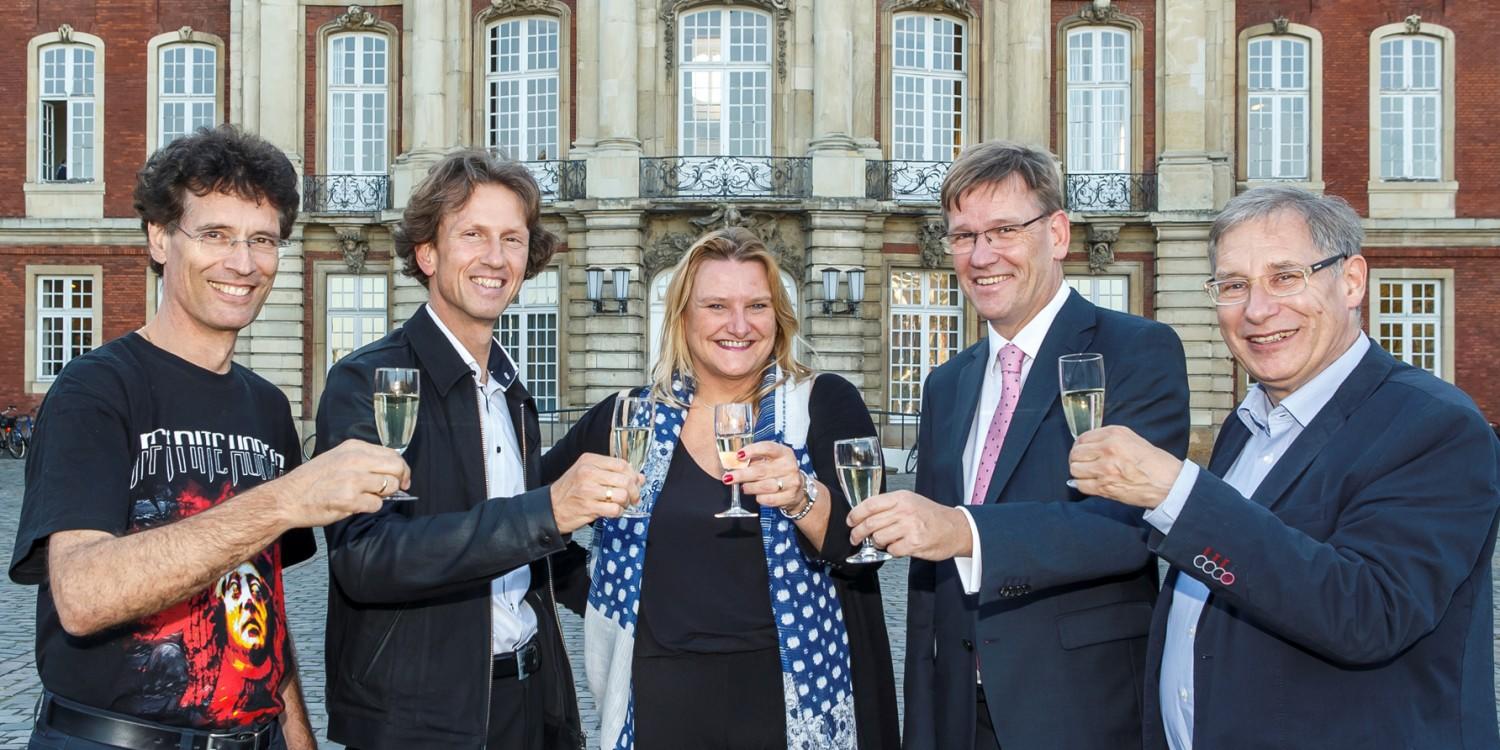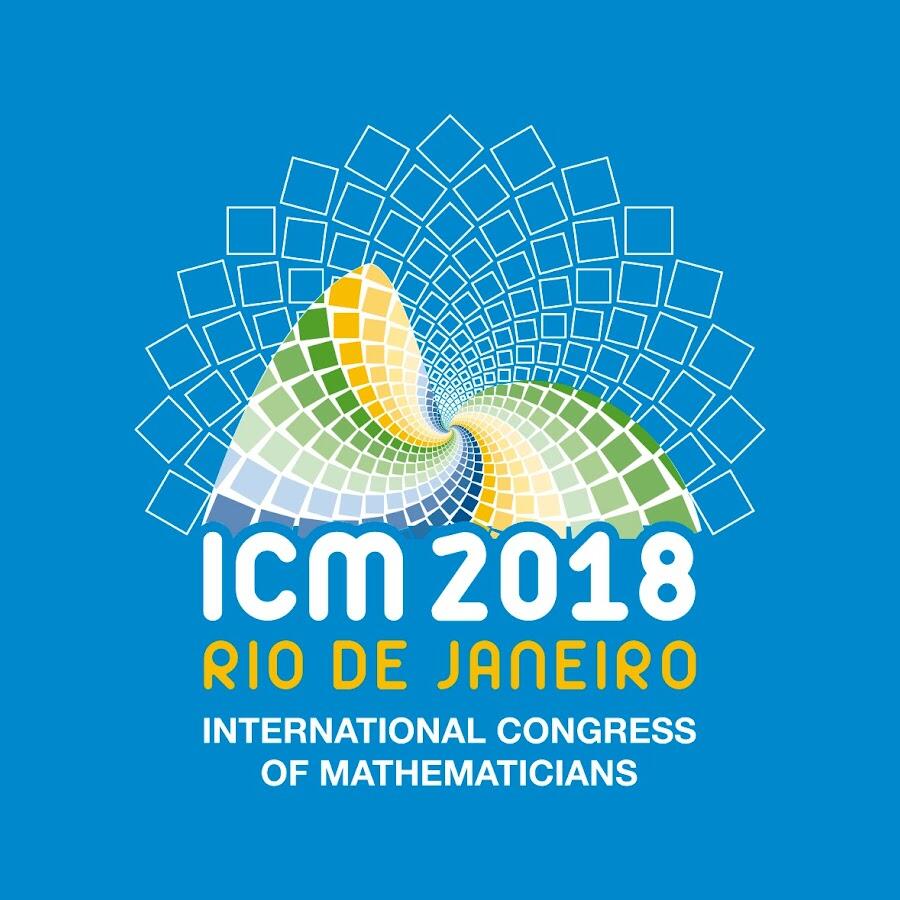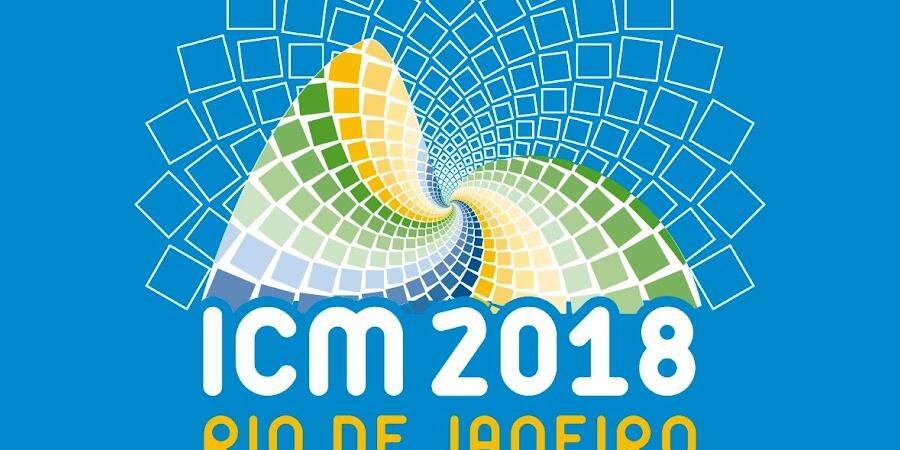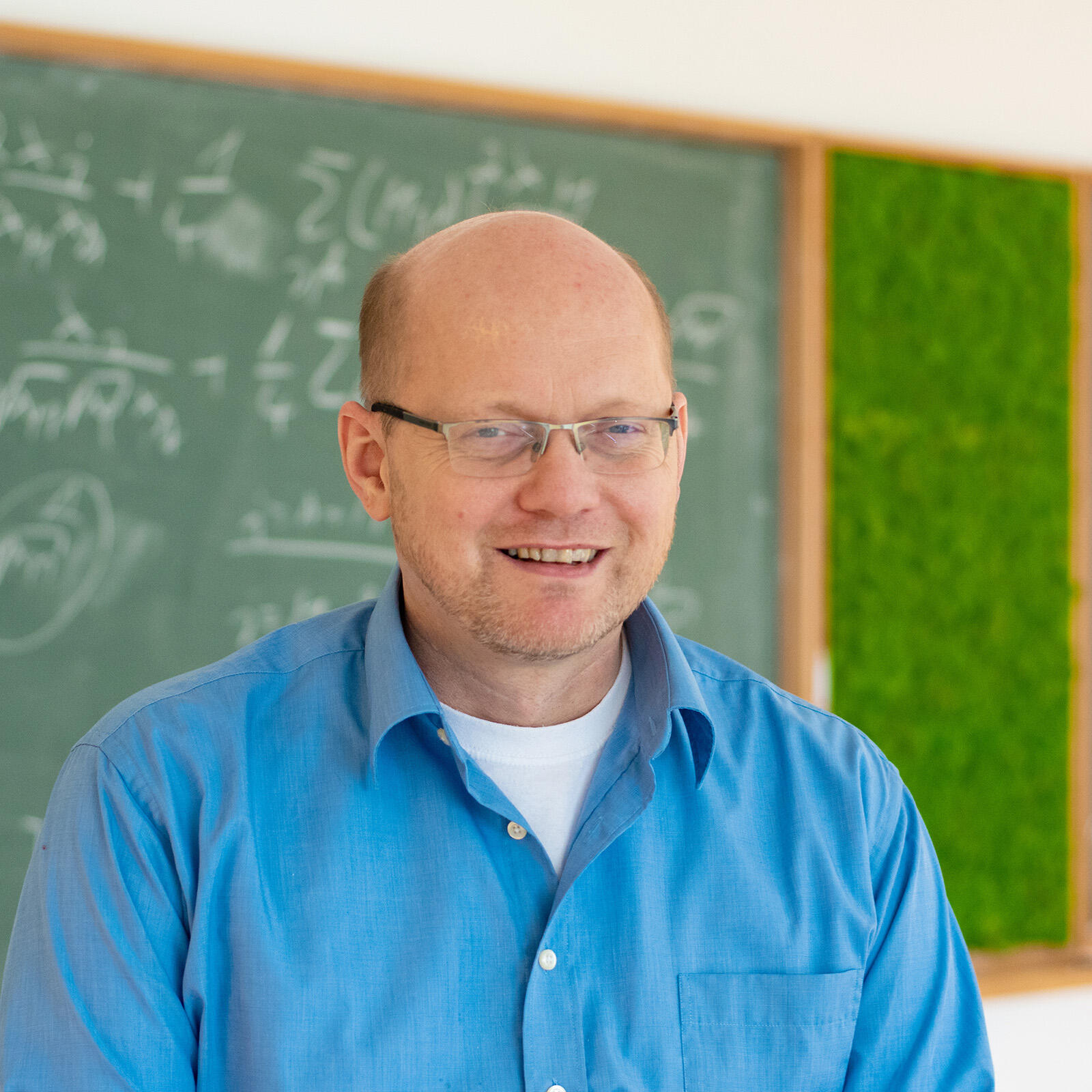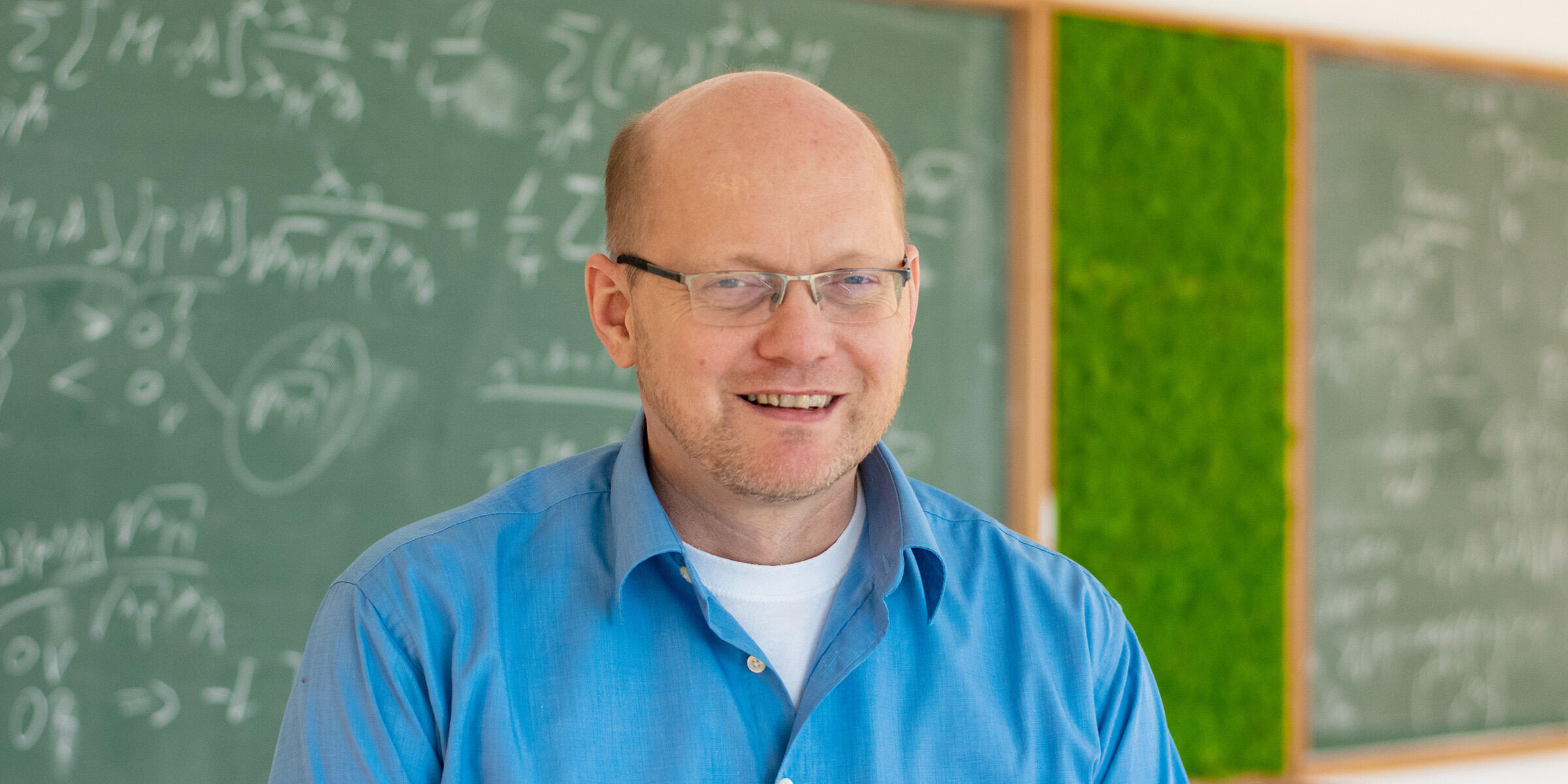Mathematics Münster achieves 2nd place in DFG third-party funding
Further confirmation for mathematics at WWU Münster: In absolute terms of DFG funding, the University of Münster ranks second among German universities in mathematics with 12.8 million euros. The Westfälische Wilhelms-Universität Münster, with 197.1 million euros, ranks 13th overall in Germany in terms of third-party funding. This is shown by the current funding atlas of the German Research Foundation (DFG).





